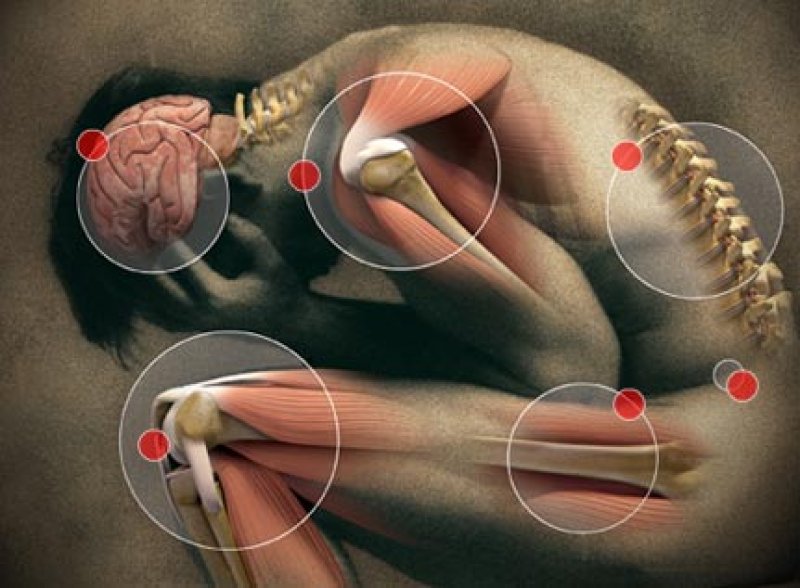[Editor’s note: Blair Smith is a professor of population science at the University of Dundee in Scotland.]
Two of the most common disorders which occur alongside chronic pain are depression and angina.
[W]e found that people with depression were two and a half times more likely to experience chronic pain; while people with both depression and heart disease were nine times more likely to experience chronic pain.A familial risk was confirmed when we looked at siblings of people affected by these conditions. A sibling of someone with heart disease was twice as likely to have chronic pain, and siblings of those with depression were twice as likely to suffer from heart disease. This suggests that genetics plays a part in these chronic diseases, in addition to known social and demographic factors.
…
In identical twins, it was consistently more likely that both individuals would be affected, by any of the conditions, than non-identical twins, which further confirms that there is significant genetic contribution.
…
The exact genes involved in the occurence and co-occurrence of chronic pain need to be identified, so that we may switch them off at an early stage and try to develop new treatments.
[Read the full study here.]
The GLP aggregated and excerpted this blog/article to reflect the diversity of news, opinion, and analysis. Read full, original post: How genetics can uncover links in chronic pain and other conditions































